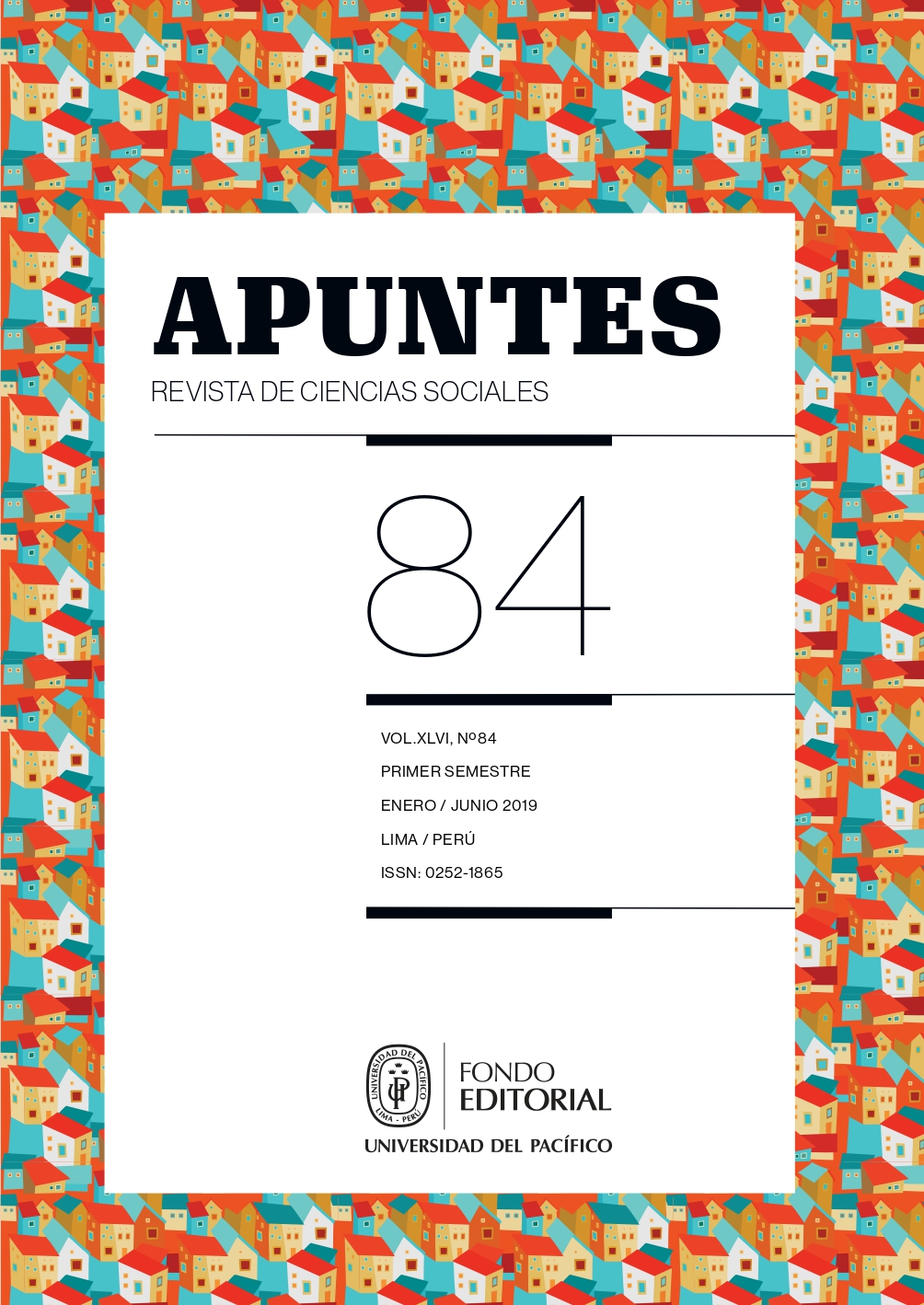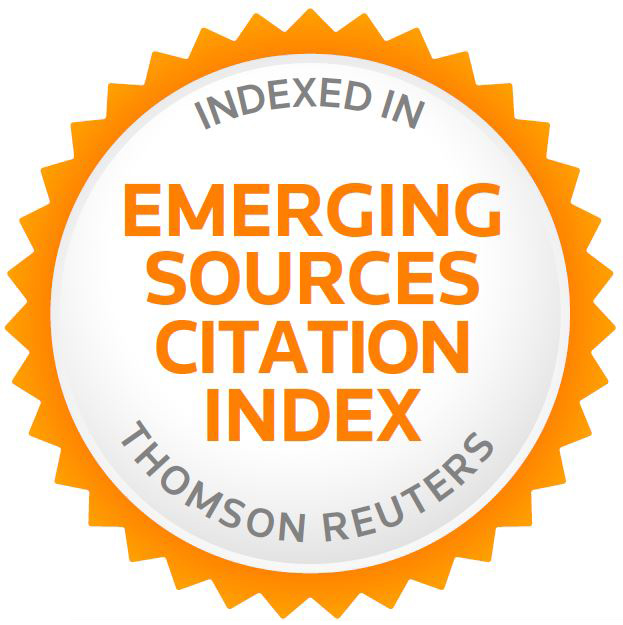Sufrimiento en marcha: estrategias de movilidad de mexicanos deportados de los Estados Unidos
Resumen
Desde inicios de este siglo hemos presenciado la realización de estudios que analizan críticamente la deportación y la deportabilidad. Poco sabemos, sin embargo, sobre las trayectorias de los deportados postdeportación. Este fenómeno puede entenderse mejor recurriendo a una tipología integral de estrategias de movilidad postdeportación. El presente artículo analiza el caso de mexicanos deportados de los Estados Unidos y se basa en estudios etnográficos realizados en Oaxaca entre personas que fueron deportadas. La movilidad postdeportación presupone o se deriva de las ausencias y el sufrimiento experimentados por las personas deportadas, movilidad que a menudo constituye un ejemplo de agencia y resistencia, especialmente en el contexto de un retorno no autorizado a los Estados Unidos.Referencias
Boehm, D. A. (2011). US-Mexico Mixed Migration in an Age of Deportation: An Inquiry into the Transnational Circulation of Violence. Refugee Survey Quarterly, 30(1), 1–21. https://doi.org/10.1093/rsq/hdq042
Boehm, D. A. (2016). Returned: Going and Coming in an Age of Deportation. Oakland: University of California Press.
Boehm, D. A., Hess, J. M., Coe, C., Rae-Espinoza, H. y Reynolds, R. R. (2011). Children, Youth, and the Everyday Ruptures of Migration. En: Coe, C., Reynolds, R.R., Boehm, D., Hess. J.M. y Rae-Espinoza, H., Everyday Ruptures: Children, Youth, and Migration in Global Perspective (pp. 1–22). Nashville: Vanderbilt University Press.
Capps, R., Castañeda, R.M., Chaudry, A. y Santos, R. (2007). Paying the Price: The Impact of Immigration Raids on America’s Children. Washington, DC: National Council of La Raza, The Urban Institute.
Cohen, J. H. (2004). The Culture of Migration in Southern Mexico. Austin: University of Texas Press.
Coutin, S. B. (2010). Exiled by Law: Deportation and the Inviability of Life. En: De Genova, N. y Peutz, N. (Eds.), The Deportation Regime: Sovereignty, Space, and the Freedom of Movement (pp. 351–370). Durham, Londres: Duke University Press.
De Genova, N. (2010). The Deportation Regime: Sovereignty, Space, and the Freedom of Movement. En: De Genova, N. y Peutz, N. (Eds.), The Deportation Regime: Sovereignty, Space, and the Freedom of Movement (pp. 33–65). Durham, Londres: Duke University Press.
De León, J. (2013). The Efficacy and Impact of the Alien Transfer Exit Programme: Migrant Perspectives from Nogales, Sonora, Mexico. International Migration, 51(2), 10–23. https://doi.org/10.1111/imig.12062
De León, J. (2015). The Land of Open Graves: Living and Dying on the Migrant Trail. Oakland: University of California Press.
Farmer, P. (1997). On Suffering and Structural Violence: A View from Below. En: Kleinman, A., Das, V. y Lock, M. (Eds.), Social Suffering (pp. 261–283). Berkeley, Los Angeles, Londres: University of California Press.
Fernández-Niño, J. A., Ramírez Valdés, C. J., Cerecero-Garcia, D. y Bojorquez-Chapela, I. (2014). Deported Mexican migrants: health status and access to care. Revista de Saúde Pública, 48(3), 478–485. https://doi.org/10.1590/S0034-8910.2014048005150
Flick, U. (2007). Managing Quality in Qualitative Research. Londres: SAGE Publications.
Gibler, J. (2017). I Couldn’t Even Imagine That They Would Kill Us: An Oral History of the Attacks Against the Students of Ayotzinapa. San Francisco: City Lights.
Gonzales, A. (2013). Reform Without Justice: Latino Migrant Politics and the Homeland Security State. Oxford: Oxford University Press.
Instituto Nacional de Migración (2014). Infograma Repatriación. Retrieved from http://www.inm.gob.mx/static/pdf/Infograma_REPATRIACION.pdf
Isacson, A., Meyer, M. y Davis, A. (2013). Border Security and Migration: A Report from Arizona. Washington, DC: Washington Office on Latin America. Retrieved from http://www.wola.org/publications/border_security_and_migration
Kilpatrick, K. (October 16, 2014). Into the Arms of the Cartels: Deported Mexicans sent to City Ruled by Fear. Al Jazeera America. Recuperado de http://america.aljazeera.com/articles/2014/10/16/deported-mexicanimmigrantspreyforcartels.html
Kleinman, A., Das, V. y Lock, M. (1997). Introduction. En: Kleinman, A., Das. V. y Lock, M. (Eds.), Social Suffering (pp. ix–xxvii). Berkeley: University of California Press.
Lecadet, C. (2013). From Migrant Destitution to Self-organization into Transitory National Communities: The Revival of Citizenship in Post-deportation Experience in Mali. En: Anderson, B., Gibney, M.J. y Paoletti, E. (Eds.), The Social, Political and Historical Contours of Deportation (pp. 143–158). Nueva York: Springer.
Passel, J., Cohn, D. y Gonzalez-Barrera, A. (2012). Net Migration from Mexico Falls to Zero—and Perhaps Less. Washington, DC: Pew Hispanic Center. Recuperado de http://www.pewhispanic.org/2012/04/23/net-migration-from-mexico-falls-to-zero-and-perhaps-less/
Patrick, R. (2012). Recruiting & sustaining sample populations over time: Possibilities and challenges. Timescapes methods guides series, guide no. 3. (Timescapes methods guides series 2012). Recuperado de http://www.timescapes.leeds.ac.uk/assets/files/methods-guides/timescapes-ruth-patrick.pdf
Peutz, N. (2010). “Criminal Alien” Deportees in Somaliland: An Ethnography of Removal. En: De Genova, N. y Peutz, N. (Eds.), The Deportation Regime: Sovereignty, Space, and the Freedom of Movement (pp. 371–409). Durham; Londres: Duke University Press Books.
Radziwinowiczówna, A. (2014). Czy homo sacer może zostać obywatelem? Doświadczenie migracji drogą do budowy obywatelskości w meksykańskiej społeczności transnarodowej. Politeja, 31(1), 345–362.
Radziwinowiczówna, A. (2016). The Materiality of the State of Exception: Components of the Experience of Deportation from the United States. Journal of Contemporary Archaeology, 3(2), S1–S7. https://doi.org/10.1558/jca.31845
Rohal, M. y Lopez, M. H. (2014). The Rise of Federal Immigration Crimes: Unlawful Reentry Drives Growth. Washington, DC: Pew Research Center. Recuperado de http://www.pewhispanic.org/files/2014/03/2014-03-18_federal-courts-immigration-final.pdf
Romero Loyola, M. (2012). Deportados y reclasificados. Trabajadores de un call center de la zona metropolitana transnacional Tijuana - San Diego (Tesis de Licenciatura). Universidad Autónoma Metropolitana Iztapalapa, México.
Saada, E. (2000). Abdelmalek Sayad and the Double Absence: Toward a Total Sociology of Immigration. French Politics, Culture & Society, 18(1), 28–47.
Sanmiguel-Valderrama, O. (2013). Border Enforcement at Family Sites: Social Reproductive Implications for Mexican and Central American Manual Labor in the United States. Latin American Perspectives, 40(5), 78–92. https://doi.org/10.1177/0094582X13492957
Sayad, A. (2004). The Suffering of the Immigrant. (Macey, D., Trad.) (1a edición). Cambridge: Polity.
Scheper-Hughes, N. (1998). Undoing: Social Suffering and the Politics of Remorse in the New South Africa. Social Justice, 25(4 (74)), 114–142.
Schuster, L. y Majidi, N. (2013). What happens post-deportation? The experience of deported Afghans. Migration Studies, 1(2), 221–240. https://doi.org/10.1093/migration/mns011
Schuster, L. y Majidi, N. (2015). Deportation Stigma and Re-migration. Journal of Ethnic and Migration Studies, 41(4), 635–652. https://doi.org/10.1080/1369183X.2014.957174
Shore, C. (1999). Fictions of Fieldwork: Depicting the “Self” in Ethnographic Writing (Italy). En: Watson, C.W. (Eds.), Being there. Fieldwork in Anthropology (pp. 25–48). Londres: Pluto Press.
Smith, R. C. (2006). Mexican New York: transnational lives of new immigrants. Berkeley: University of California Press.
Stephen, L. (2007). Transborder Lives: Indigenous Oaxacans in Mexico, California, and Oregon. Duke University Press.
Talavera, V., Núñez-Mchiri, G. y Heyman, J. (2010). Deportation in the U.S.-Mexico Borderlands: Anticipation, Experience, and Memory. En: De Genova, N. y Peutz, N. (Eds.), The Deportation Regime: Sovereignty, Space, and the Freedom of Movement (pp. 166–195). Durham; Londres: Duke University Press Books.
Tapias, M. (2006). Emotions and the Intergenerational Embodiment of Social Suffering in Rural Bolivia. Medical Anthropology Quarterly, 20(3), 399–415. https://doi.org/10.1525/maq.2006.20.3.399
Turner, V. (1995). The Ritual Process: Structure and Anti-structure. Nueva York: Hawthorne.
U.S. Department of Homeland Security: Office of Inspector General. (2009). Removals Involving Illegal Alien Parents of United States Citizen Children (OIG-09-15). Washington, DC: U.S. Department of Homeland Security. Recuperado de https://www.oig.dhs.gov/assets/Mgmt/OIG_09-15_Jan09.pdf
Velasco, L. y Coubés, M. L. (2013). Reporte sobre dimensión, caracterización y áreas de atención a mexicanos deportados desde Estados Unidos. Tijuana: El Colegio de la Frontera Norte.
Wessler, S. F. (2011). Shattered Families: The Perilous intersection of immigration enforcement and the Child Welfare System. Nueva York: Applied Research Center. Recueperado de http://act.colorlines.com/acton/attachment/1069/f-0079/0/-/-/l-sf-cl-70140000000T6DHAA0-000f/l-sf-cl-70140000000T6DHAA0-000f:fced/file.pdf
Zilberg, E. (2011). Space of Detention: The Making of a Transnational Gang Crisis between Los Angeles and San Salvador. Durham; Londres: Duke University Press Books.

Esta obra está bajo licencia internacional Creative Commons Reconocimiento 4.0.
Apuntes, revista de Ciencia Sociales publica todos sus artículos y reseñas bajo la licencia Creative Commons Attribution (CC BY 4.0) con el objetivo de fomentar el intercambio académico a nivel mundial. Por ello, la obra en cuestión puede ser distribuida, remezclada, retocada, etc., como el autor y los lectores de la misma lo estimen conveniente. La única condición es que se cite a la revista Apuntes, revista de Ciencias Sociales como entidad editora del texto.








.jpg)



